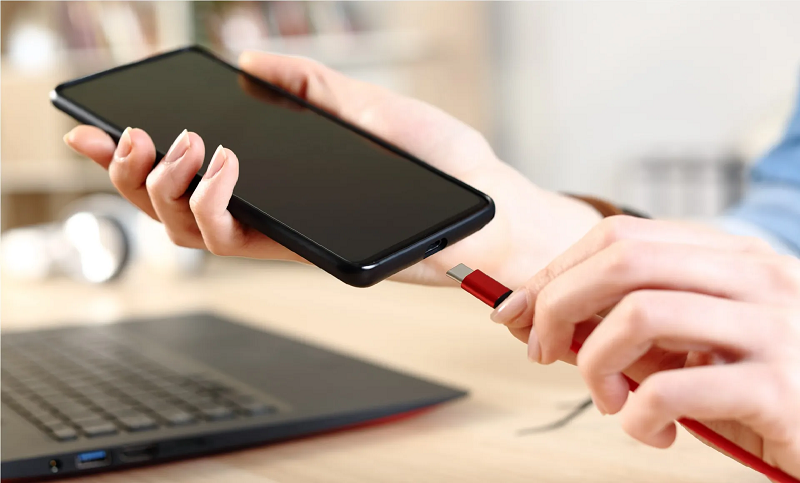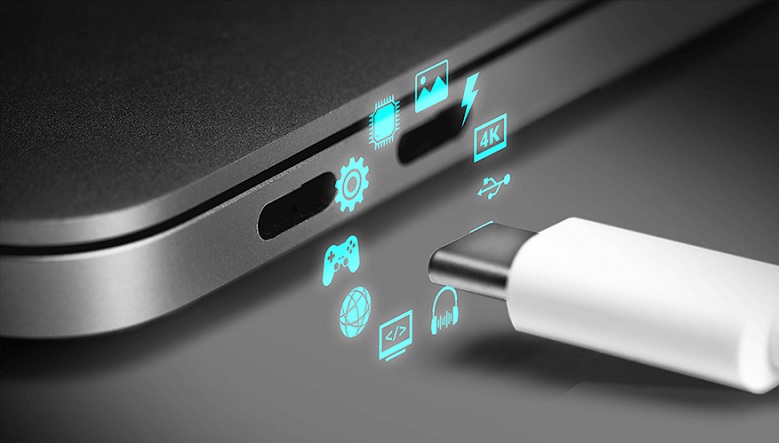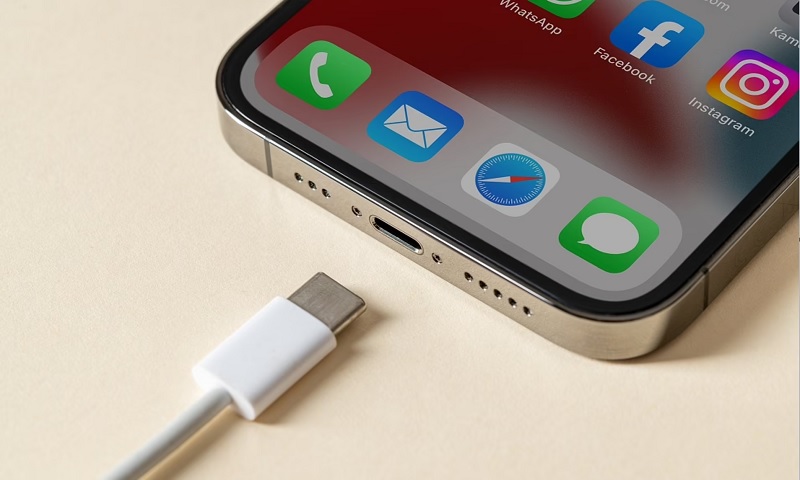
India Mandates Type-C Cable for Smartphones from March 2025
As the world’s second-largest smartphone market, India mandated manufacturers and technology companies to adopt Type-C Cable as the standard charging port for all electronics like smartphones, laptops, tablets and so on by March 2025.
This initiative aims to offer a universal and standardized charging solution for smartphones and other electronic devices sold in the country, utilizing USB Type-C connectors, plugs, and cables.
The government in India is making it simpler for people to charge their phones and other gadgets. They’re also giving mobile manufacturers more time to comply with the new regulations.
Moreover, India seems to be following the European Union’s footsteps as it has also passed similar legislation regarding the common charging port.
Apple complying with European rules launched the iPhone 15 with a Type-C cable and has finally adopted universal charging systems to promote sustainability.
Let’s take a look at the reasons behind this initiative to make all smartphones and electronics compatible with Type-C cable chargers.
Why India is Making Type-C Cable a Standard for All Electronic Devices?

According to the Bureau of Indian Standards (BIS), the Type-C cable standard would provide a common charging solution for smartphones and other electronic devices sold in the country.
It would facilitate a reduction in the number of chargers per consumer since consumers would no longer have to buy different chargers when purchasing new devices.
In a statement, BIS also said this initiative will help the government of India in its mission to minimise e-waste generation and move towards sustainable development.
It looks like India is way ahead of the rest of the world when it comes to electronic waste.
According to a report from AssoCham-EY, India had 5 million tons of electronic waste in 2021, which is second only to China and the USA.
The responsibility to address the environmental consequences of our innovations lies squarely with us, and it is high time we recognize and acts upon this reality.
To eradicate, the waste problem, India’s respective Ministry i.e. Ministry of Environment, Forest and Climate Change (MoEFCC) has started various initiatives which are segregated into three parts i.e. plastic, battery and electronic waste management.
In addition to these initiatives, the MoEFCC is also working to promote awareness about waste management and to encourage people to reduce, reuse, and recycle waste.
Why USB Type-C Cable is Opted as a Universal Charging System?

USB Type-C has emerged as a universal charging system for several compelling reasons which are mentioned below:
1. Supports Reversible Charging
The biggest advantage of Type-C cable is its reversible charging pins. It means that you can plug in a USB Type-C cable either way around, without having to worry about tipping it over.
2. Type-C Cabel Chargers are Highly Efficient and Powerful
In addition to being reversible, USB Type-C charging pins are also very efficient and powerful.
They can support up to 100 watts of power delivery, which is enough to charge even the most powerful laptops and smartphones.
As a result, you can now charge your devices faster and more efficiently than ever before.
3. Ensures Speedy Data Transfers
USB Type C charging pins offer a high-quality option for charging and data transfers. They can support data transfer speeds of up to 20Gbps as a result you can transfer large files quickly and easily.
4. Type-C Cable are Versatile in Nature
USB type-C can work with various display protocols, like DisplayPort, Thunderbolt, etc., so you can easily connect your device to monitors, TVs, and other devices with just one cable.
This is a very convenient feature, as you can use a single cable to connect all of your devices, which can help to reduce clutter on your desk.
5. Type-C Cable: The Universal Solution for Charging
USB Type-C cables are very versatile and powerful charging solution. It is rapidly becoming the standard for charging and data transfers on a wide range of devices making our lives much easier and more convenient in terms of carrying separate chargers/adapters for each device.
Standard Issued by BIS for USB Type-C Cable

Consumer Affairs Secretary Rohit Kumar Singh said that stakeholders have broadly agreed to adopt the USB Type-C charging port for electronics.
It is expected that the Bureau of Indian Standards (BIS), responsible for certifying electronic devices and gadgets for quality, will standardize charging standards.
So, recently BIS came out with Indian standard IS/IEC 62680-1-3:2022 specification for USB Type-C Cable and Connector. This Indian standard is adapted from the international standard IEC 62680-1-3:2022.
By moving to a universal charging standard, electronic waste management will become more efficient on a global level, allowing devices and accessories to be recycled or repurposed more easily.
Furthermore, the advantages of a standardised charging system go beyond the sphere of the environment. It also creates a win-win situation for both manufacturers and customers.
Manufacturers will enjoy cost-effectiveness with the use of standardized components, while customers will benefit from the convenience of having a single charger for a variety of devices, regardless of brand.
Also, Read Our Article- Star Labelling Program for Mobile Chargers
How VINCULAR can be your Trusted Partner in Regulatory Compliance?
VINCULAR is a leading regulatory compliance company with over a decade of experience providing services in a wide range of sectors, including Consumer Products, Electronics, Telecom, Medical and Cosmetics, Automotive, and more.
Our company’s commitment goes beyond its operations to ensure a more sustainable and safer world. From assuring the safety of day-to-day consumer goods to aiding in responsible waste management we go above our service and aim at the well-being of society.
Visit our website www.vincular.in to learn more about our services.